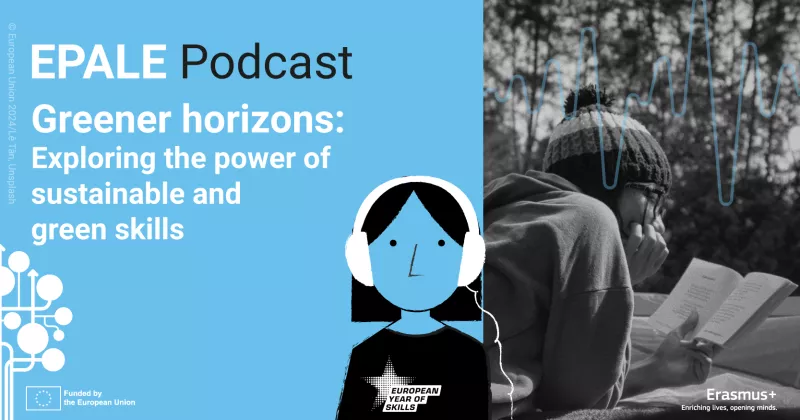Mindfulness Practices for Taking Care of Your Well-Being and Mental Ability, Based on the Example of Estonian Mindfulness Educators

An important part of a professional educator’s self-development is continuous work to achieve and maintain his or her physical, mental, and emotional balance. Mindfulness is one of the tools to improve one's mental health, and over 4,000 scientific articles about its use have been published over the last decade1. By avoiding mental health problems and taking care of our mental abilities, we can lead a healthier and higher-quality life. What is important in adult education is how the educator feels, what emotions he or she has before and during the training, and what kind of overall feelings he or she experiences2.
It is a great challenge for educators – and practically for people nowadays – to prevent mental health problems and, of course, it is important to take care of their own mental ability. In Estonia, mental health, depression, and burnout have started to be widely discussed topics in recent years. According to the statistics of the WHO, Estonia is at the forefront of the world, in regards to depression, and about 75,000 Estonians, i.e. 5.9 percent of the whole population are diagnosed with this disorder. In fact, there are even more people suffering from stress and depression. But when it comes to being diagnosed with depression, five or six people out of a hundred are struggling with that condiition3.
My own experience has shown that engaging in mindfulness helps me to improve focus in my daily life and keeps me calm even in critical situations. Mastering good self-analysis techniques and the ability to manage one's emotions helps the educator to cope in stressful situations. As it is in anybody's life, tensions may accumulate also in an educator. When it's not dealt with, the tension will become stress, and it may also deepen if the person is not able to cope with it.
A survey was carried out among nurses in the USA and Israel, which revealed that mindfulness practices can be taught in the workplace, and they can be useful components in a multidimensional strategy to reduce burnout among employees. A qualitative analysis of participants' diaries in the same research showed reduced stress, improved inner peace, compassion and joy, better focus, and self-awareness4 (Moody, Kramer, Santizo, Magro, 2013)
In my work, I investigated how Estonian educators themselves use mindfulness practices for taking care of their mental health, performance and work ability; how mindfulness practices contribute to peace of mind in daily life, and what differences they notice when compared to the time when mindfulness was not part of their life. In addition, I explored the benefits of mindfulness practices in preventing burnout.
The study revealed that educators, who actively apply mindfulness practices, notice great benefits in delivering these practices. The results showed that mindfulness practices help them, in their own estimation, to be more balanced when being influenced, and to live their daily lives more consciously. However, lower levels of stress will lead to a higher and better quality of life along with improved mental and physical health.
The full research and its results are available to read HERE (link is external).
References:
- AMRA 2019, AMRA Resources and Services, loetud aadressil https://goamra.org/resources/
- Pedosaar, Alesja (2014). Koolitaja emotsionaalsed kogemused täiskasvanukoolituses. Loetud aadressil http://andragoogika.tlu.ee/?page_id=574
- Rõuk, Laura, (2018, 9.märts). Eestlased depressiooni poolest esirinnas: kuidas vaimset tervist ravida? Postimees. Loetud aadressil https://tervis.postimees.ee/4434135/eestlased-depressiooni-poolest-esirinnas-kuidas-vaimset-tervist-
- Moody, Karen; Kramer, Deborah; Santizo, Ruth O, Magro, Laurence (2013). Helping the Helpers: Mindfulness Training for Burnout in Pediatric Oncology-A Pilot Program. Journal of Pediatric Oncology Nursing 30(5):275-284





02hrhrhr